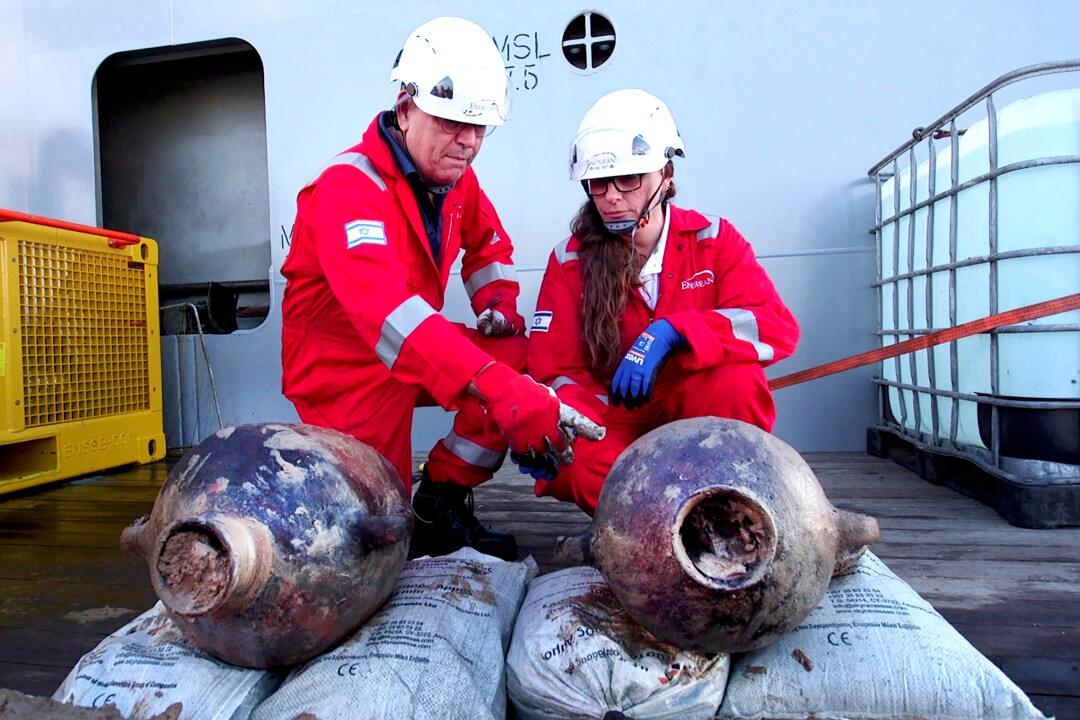Illinois’s Governor vetoed a bill that would make nuclear energy production possible again, even though the bill garnered bipartisan and bicameral support in the state.
The first reason given by Illinois Governor Jay Robert Pritzker (D) was that nuclear reactors would be costly to build.





